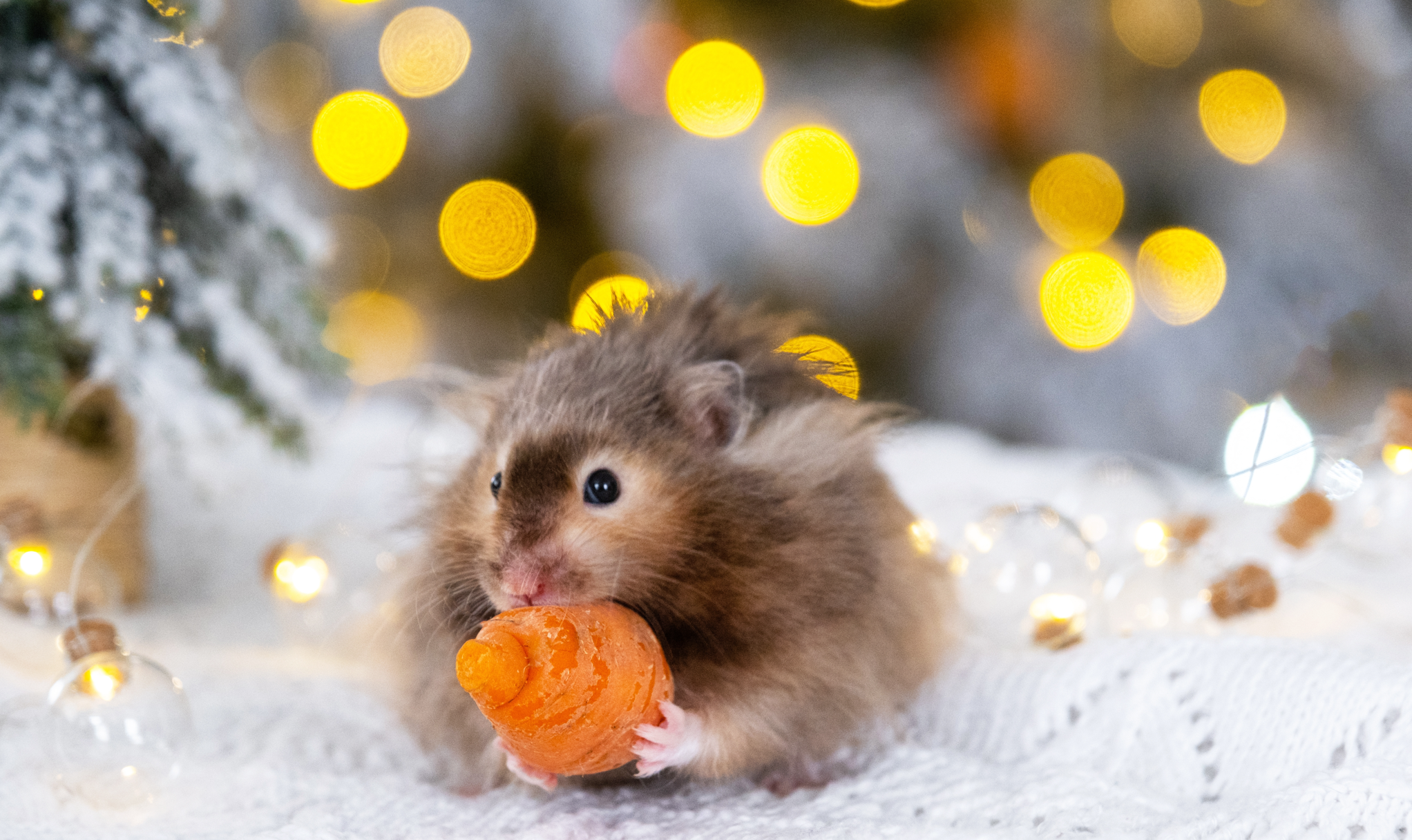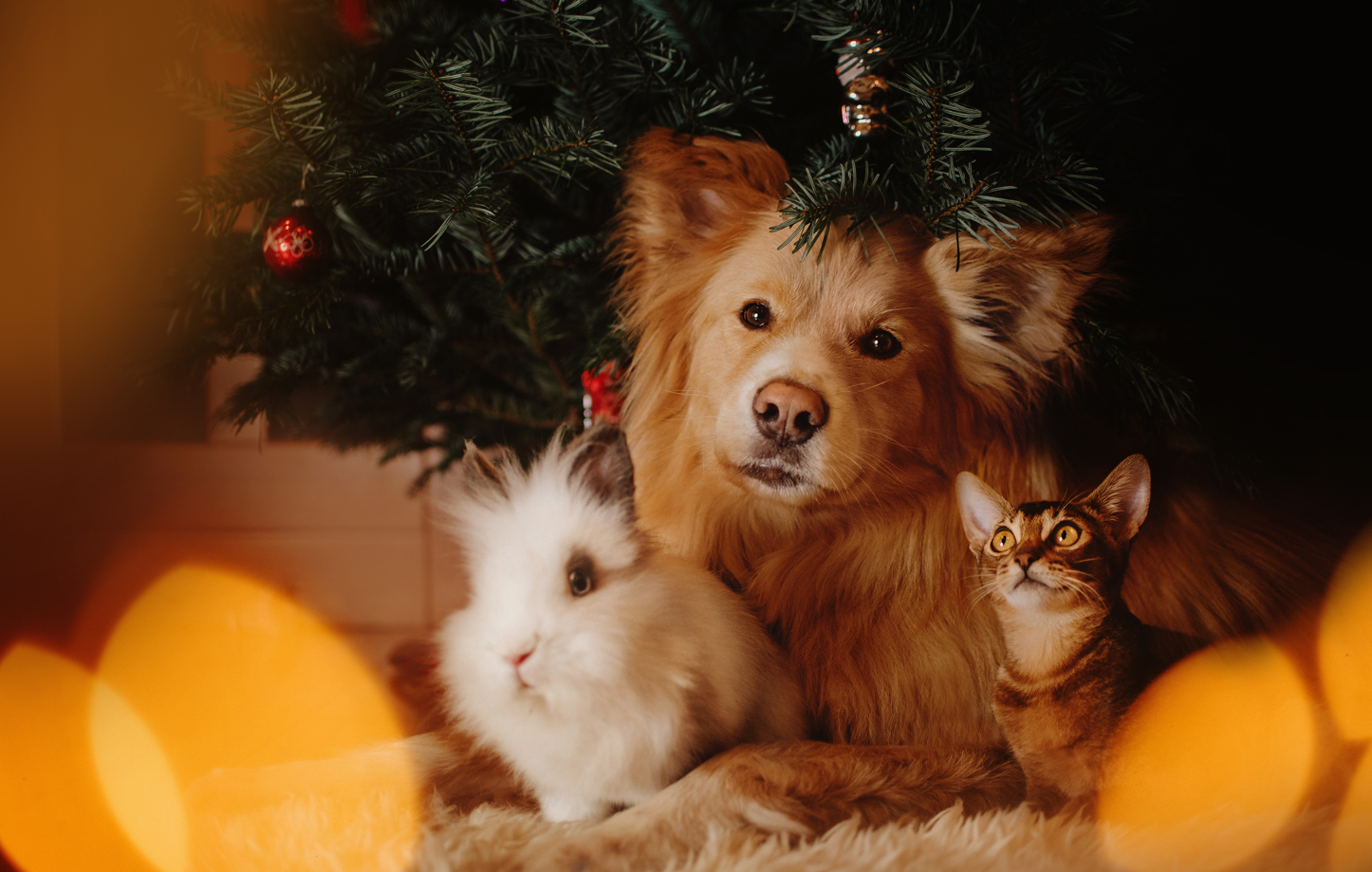It is understandable wanting to share a snack with your cat, but a cat’s digestive is very different from ours. Many foods people consume daily can wreak havoc on a cat’s body, causing severe health problems. As a loving pet owner, it’s crucial that you give your cat healthy food but even more important to know what human foods you should never feed them. Let’s begin!
Chocolate
Most pet owners know and are aware of chocolate toxicity in dogs, but chocolate is also toxic for feline friends! Just a bit of a candy bar or chocolate chip cookie can increase heart rate and temperature and can even lead to seizures, vomiting and diarrhoea.
It is also good to know that the darker the chocolate, the higher the toxicity level is for cats! Therefore, it is better to avoid sharing sugary sweets at all!
Raw Products
Raw diets are trendy these days; however, we forget that our once wild animals are now domesticated and are no longer adapted to digest raw enzymes.
As a proud cat parent, you should never feed raw seafood to your cat, even though we know they love it so much and expect a little bite from us in the kitchen. Raw seafood, especially raw squid and fish, contains a particular enzyme that cannot be broken down in the cat’s stomach.
Raw meat and raw eggs contain loads of bacteria that your feline cannot digest. When feeding raw meat to your cat, can cause further complications in their stomach.
If you share meat, fish or eggs with your furry friend, it is better to do so only when it’s cooked, as the high temperature kills off the bacteria. Giving these products cooked will prevent any further issues discussed above.
Milk, cheese and other dairy products
Many of us grew up with an image of cats drinking milk or dairy products in children’s books or cartoons, but cats and dairy products should not mix!
Most felines are not adapted to consuming dairy products later in life. Products such as cheese or cream can upset their stomachs, and they may experience anything from mild to severe gastrointestinal discomfort, diarrhoea, loose stools etc.
Another reason not to give your cats cows milk is that it’s full of fat. That’s why it is so compelling for cats to snatch a lick of it from the counter.
Cats need to consume way fewer calories than human beings; what could look like a small piece to you could contain days worth of calories to your little cat.

Salty Foods
Most human food contains too much salt and is not recommended for cats. Too much salt can lead to a condition called ‘salt poisoning’. It causes water deprivation in pets and leads to vomiting, fever, excess thirst and tremors and in some cases, death. Overusing salt long-term can cause high blood pressure, just like in humans.
Keep your cat away from salty foods like fries, pretzels or popcorn, especially if your cat has urinary problems.
Fruits and avocados
Citrus fruits like oranges, lemons, and grapefruits contain essential oils and citric acid that can cause gastric problems. Felines can also experience skin irritation if their skin comes into contact with citrus fruits, which can cause itching and irritation; better to keep the limes and oranges away from your snuggly Sphynx cats.
Avocado seems like a healthy fruit to share with your pet, but many people don’t know that avocado contains a poisonous fatty acid. When eaten by cats it can cause issues with the heart, respiratory difficulties, weakness and in high doses- even sudden death!
What should I do if my cat eats any of the toxic foods?
Of course, we understand you always want to try to keep your cats safe, but sometimes it just isn’t enough. If you think your cat has eaten any of the toxic foods to them, make sure to contact your local vet. Here at Village Vets, we have a plan specifically designed for cats where you can have an unlimited number of FREE consultations with your vet, a discount on routine treatments and emergency vet visits.
Keeping our cats safe is our main priority as cat parents, and we hope that this has helped you better understand how a cat’s life works and you can prevent the most common toxic food issues. It is better to keep our number and an emergency vet’s close in case of a curious cat!
After all, curiosity did kill the cat!





